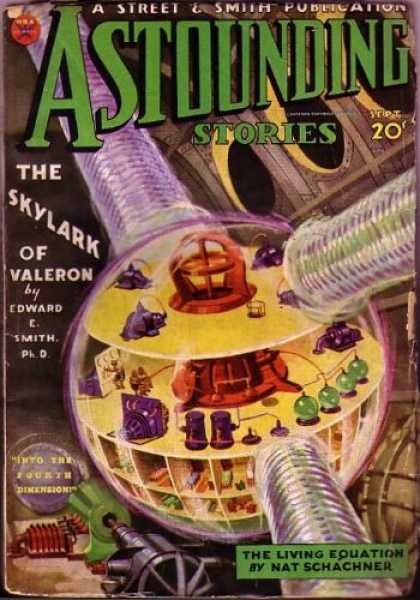|
LITR 4368 Literature of the Future |
Sample answers
for Essay 2:
|
 |
Nicole McDonald
Mountainous Change
“Every new beginning comes from some other beginning’s
end.”
-
Closing time, Semisonic
In my midterm essay I focused on how literature of the future affected me
professionally as a future teacher, however, the course has also changed me
personally by altering the way that I think about change and the future.
When
I thought about the future prior to this class,
certainly I might have
pictured an innovative society with all
types of technological advances. What I failed to realize is, we are already on
our way to that society, even if it takes
decades, change does not occur overnight. It happens in phases and
steps, and surely it would be naïve to
think that some of those changes are not already in motion. When Eli Whitney
invented the cotton gin, surely we did
not begin to wear, process and distribute cotton
the way we do today. He simply tapped the
dominion that inevitably led to where cotton is now. I now think of change in
this manner, to be set off by limitless dominoes in every faction of society.
Doubtlessly a daunting thought which might explain why before this class I
glazed over ideas of change and time.
I
must admit that if I thought about change,
I thought about it obscurely, and I
viewed it more like a cliff. Akin to society reaching a tipping point and going
right over the edge and every new wave of change rolling over the cliff in the
same fashion. Instantaneous future. In hindsight, it is almost as if I
ignorantly expected some future
generation to wake up in a world similar to that of
Drapes and Folds. But it is actually
through this text, and others similar to it,
which I realized the realities of how a society moves into the
futuristic.
Drapes and Folds
is a futuristic society in which the characters trace how the nation became the
place that it is through dialogue. For
example, the people are nourished through nipples in the walls due to a
troublesome history involving the government pumping chickens full of toxins and
limited availability of varied foods.
When the author traced the history to show societies’ decline, a light bulb lit
up. Nipples did not spring from the walls
overnight; history impacted the future just as how what we do now will
surely shape our future.
Chocco
is a harsh but honest view of the way our
present culture lives, irresponsibly and selfishly. From our violent ways and
careless treatment of our earth, in this story, we have caused the destruction
of our world. The characters are decedents of those who rebuilt a “back to
roots” community from our ruin. This story shows the layers of how we caused
destruction, rather than some apocalyptic event that sent us over the edge.
These incremental changes and blows ultimately shaped the destruction of our
present and the renewal of the people who began to live correctly.
Although the demise of the public in
Speech Sounds was reminiscent of an apocalyptic event,
because the sickness that impaired
language occurred rapidly, the story still
evokes waves of change. Without language, people communicate with grunts
and hand motions. They had developed a
universal form of communication when they had no other. This loss of language
provides the catalyst for change, forcing the people to adapt, which undoubtedly
did not occur quickly or without trial and error. And change continues even as
the story ends when the main character discovers others, like her, who can
speak, leaving the reader to imagine what future this discovery might lead.
I now see change more as a mountain, to be climbed up, or down- however one might wish to view the hike- but constantly moving- constantly well, changing if you will, into the world of the future. The power of literature, and as an extension futuristic literature, is it’s ability to allow readers to open themselves up to new ways of thinking and to grasp a better understanding of how the world continues to evolve and change.
